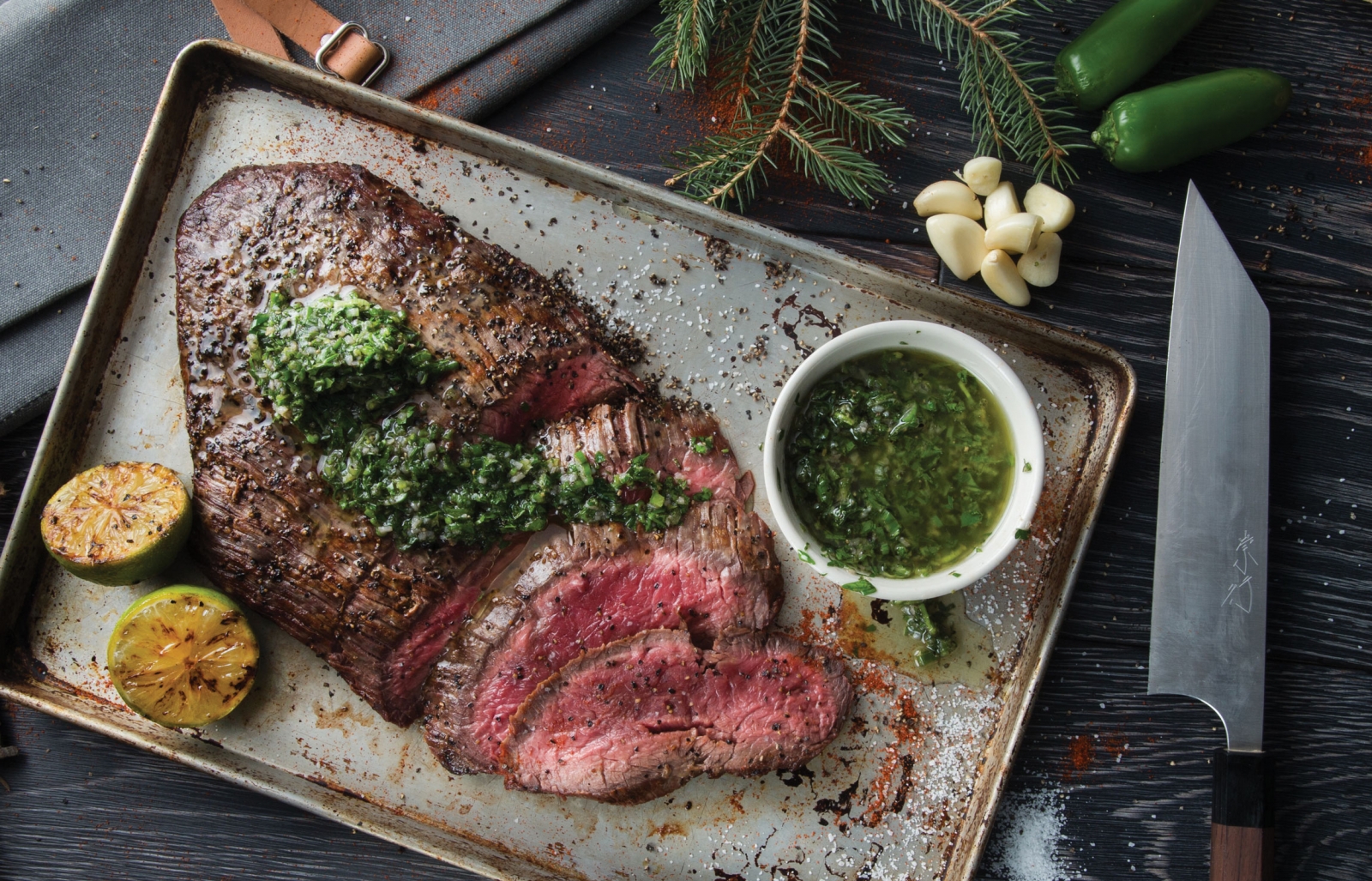Barbecue season doesn’t have to end when the winter weather hits.
Maryanne Petrash, manager at Barbecue Country, says the biggest misconception about barbecuing in the winter is that many people don’t think their barbecues can function in the cold. But they can.
“Most barbecues are built to handle -30 to -40 degree temperatures. The downside is that it will take a lot longer to heat and you will burn more fuel,” says Petrash.
Regular grillers typically burn about 20 pounds of propane in a summer season, and you will most likely double that in the winter months.
Besides dealing with the weather, wind can be your biggest challenge for temperature control on the grill.
“Try and move your barbecue so you can get a wind block from either a fence or trees,” says Petrash. “In the cold, you will also have to preheat your barbecue longer. Usually in warmer weather, it’s about five to 10 minutes. In the winter, you should aim for 15 to 20 minutes.”
If you have a charcoal grill, it will also burn through more fuel, so make sure you have a good supply. When it comes to using a smoker, it can actually function better in the winter because it can hold a lower temperature longer. Insulated blankets can also be used to keep in the heat and help your smoker be more efficient.
It’s important to remember to maintain your grill and smoker year round. Keep your barbecue clean and your cooking grates well-oiled. This will prevent food from sticking, stop bacteria build-up and keep the grill from rusting.
The colder it is, the longer your food can take to cook. So using foods that you don’t have to babysit is key. Petrash says she and her husband love to bundle up and throw some steaks on the grill as the neighbours look on from their kitchen window.
Meat’s executive chef and owner, Nathan McLaughlin, says grilling in the winter is always a good idea. “It’s an excuse to use my flask and you have less dishes to do after dinner.”
